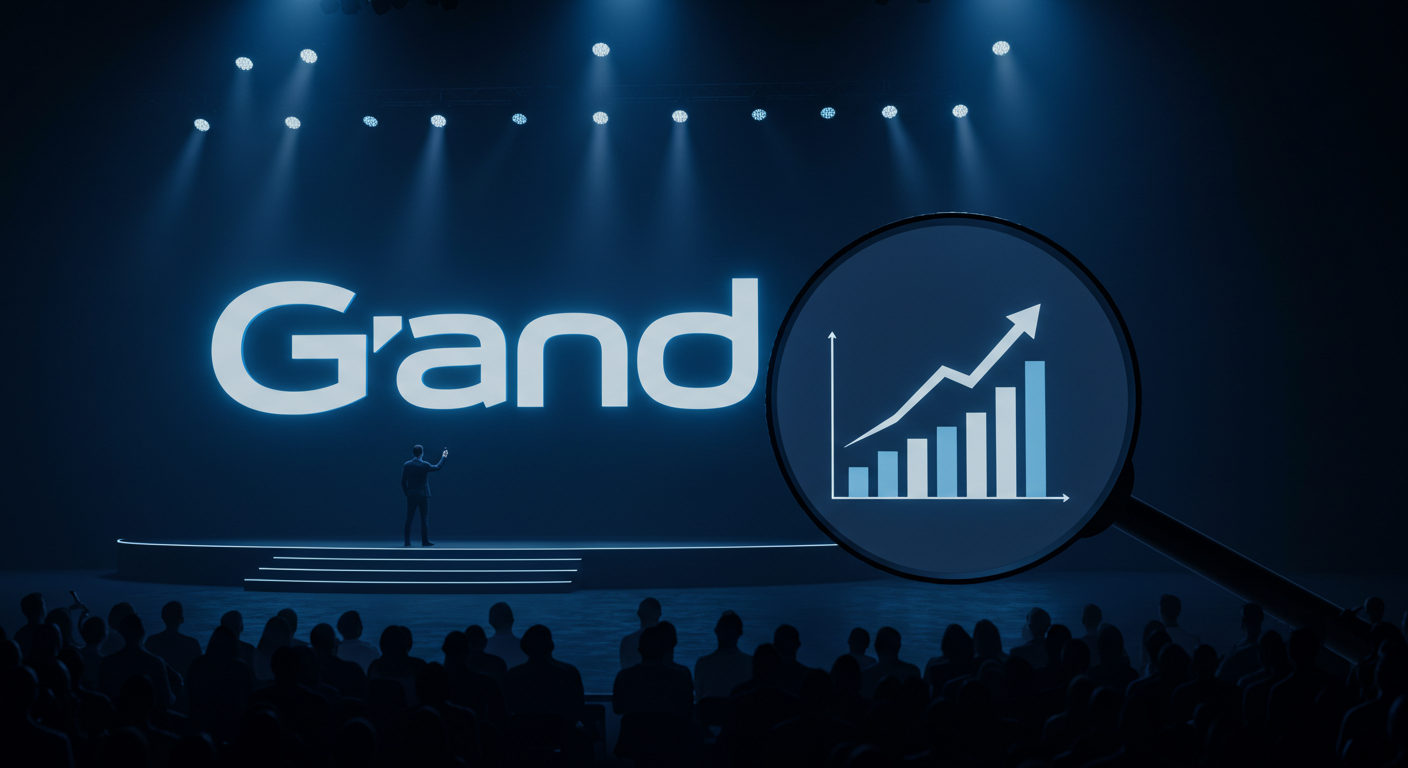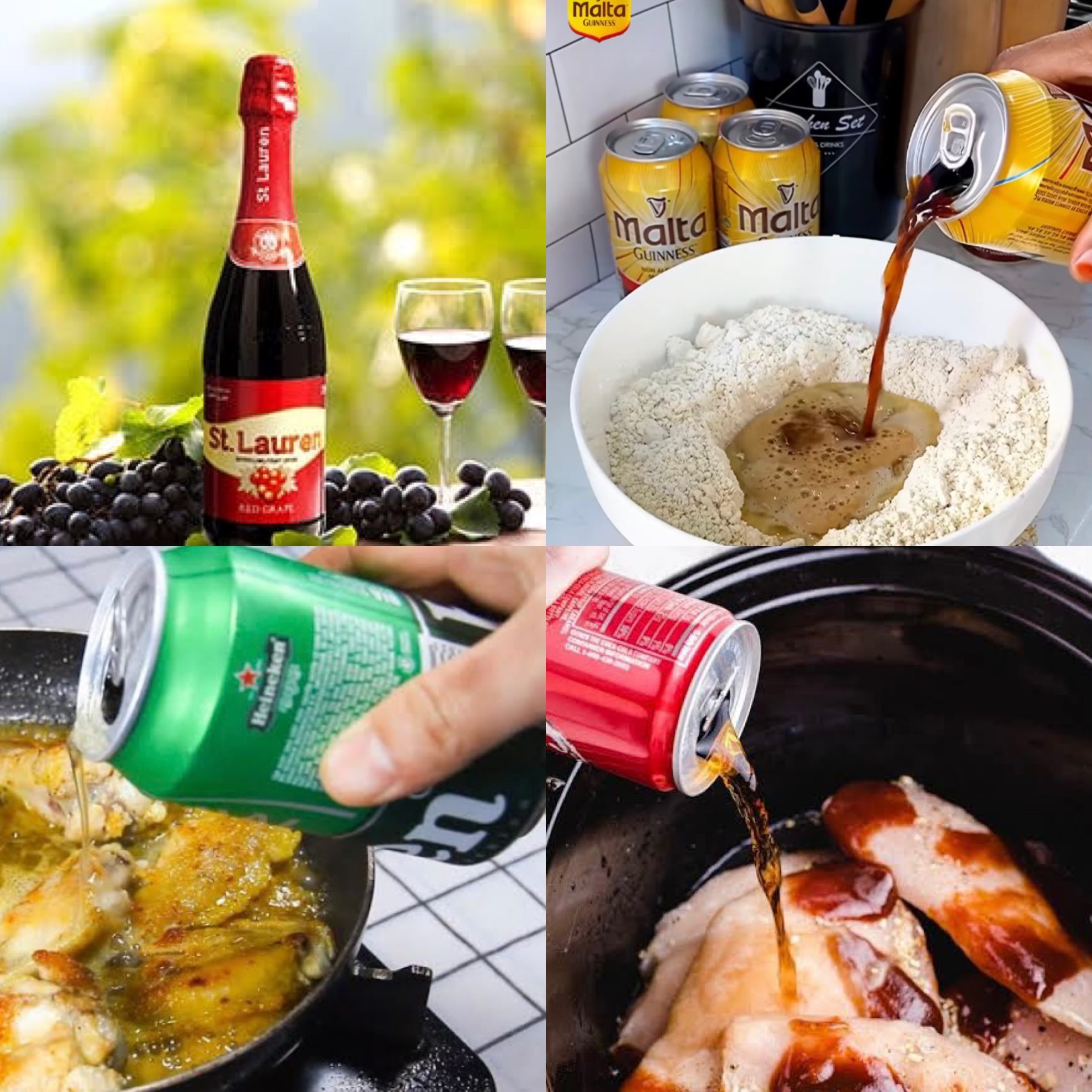In Nigeria today, sponsorship is big business. From banks attaching their names to football leagues, to telcos lighting up Afrobeats concerts, to breweries owning entire cultural festivals, brands pour billions yearly into securing brand presence at live events. Yet, when the music fades or the final whistle blows, many of these brands struggle to answer one critical question: What did we actually gain?
The Problem: Visibility, Not Value
For too long in Nigeria, brands have used vanity measurements to measure sponsorship. These include logo placement, banner impressions, and stage shout-outs. Brands are proud to be “seen” at big events. However, they don’t usually measure how much that exposure led to loyalty, sales, or cultural relevance. This is the sponsorship trap: thinking that presence means effect when it doesn’t.
Why Effectiveness Matters
Nigeria is an active market. Our consumers are youthful, expressive, technologically proficient, and consistently assessing a brand’s alignment with their values and lifestyles. If sponsorship is limited to merely placing logos on jerseys or applying branding to stages, consumers will recognise the lack of authenticity. The outcome? Brands face inefficient allocation of resources and overlooked prospects.
An effectiveness revolution means sponsorship must answer:
- Did the brand’s perception change as a result?
- Did preference and loyalty rise as a result?
- Did it have a quantifiable effect on business?
Lessons from Nigerian Brands
Banks in Sports: Although many banks sponsor football competitions, few can demonstrate how their sponsorship goes beyond exposure. They struggle to encourage young people to create accounts or promote financial inclusion.
Breweries & Music: “Black Shines Brightest” linked music, culture, and identity. Guinness’s Afrobeat-led activations were successful because they linked sponsorship to a real narrative. Others, however, simply throw money at concerts without integrating their brand into the story.
Telcos & Comedy/Events: Glo’s comedy tours and MTN’s Project Fame were successful because they gave people a sense of ownership over cultural moments. However, a lot of today’s more recent sponsorships are shallow.
The Global Contrast
Sponsorship is becoming more and more data-driven around the world. In the U.S. and Europe, brands don’t just “sponsor” events. They also use social media, fan data, merchandise, and analytics after the event. They do this to build communities around sponsorships that can be measured. Coke doesn’t just put its logo on the FIFA World Cup. It also makes ads that last before, during, and after the event.
Nigeria should learn from this: the sponsorship shouldn’t stop when the event does.
What Nigerian Brands Must Do Next
Demand More Than Just Visibility: Sponsors should insist on KPIs that are linked to brand health, sales growth, and customer involvement.
Include digital elements: Every sponsorship should have an online and an offline version. Hashtags, challenges, livestreams, and interactive material can make it last longer.
Tell Your Own Stories, Not Just Logos: People remember stories, not signs. Brands should link values like young empowerment, creativity, and financial inclusion to sponsorships.
“Measure and Learn” means that surveys after events, social listening, and keeping track of purchases should all become normal. Things that are measured get better.
Closing Thought
Nigerian companies can’t afford to sponsor events just for the sake of it anymore. In a market where every naira counts, advertising needs to show its worth. This means showing worth not just by being there, but also by doing well.
There won’t be any logos for the change. It will depend on how well it works.







Comment
No comments found.